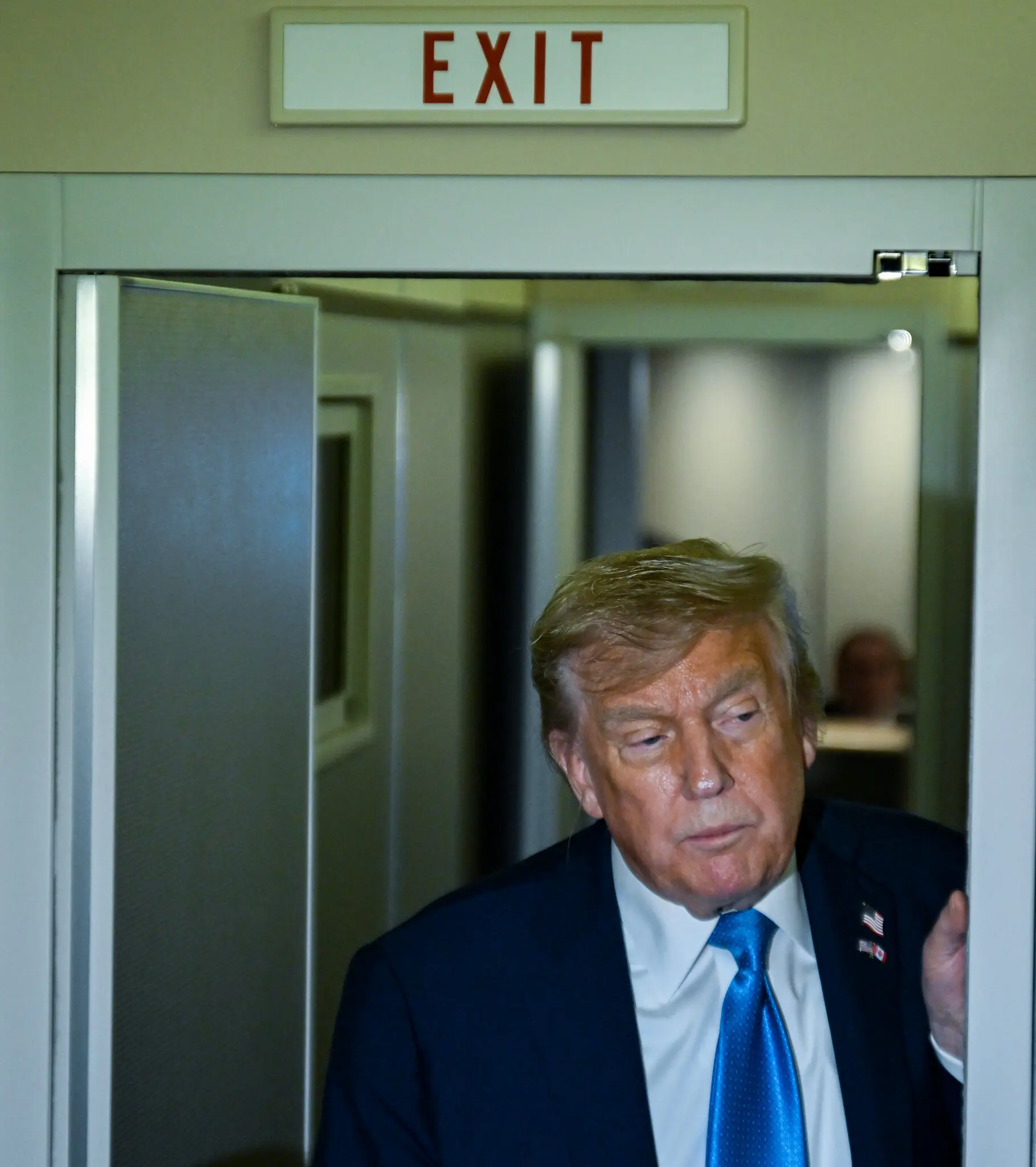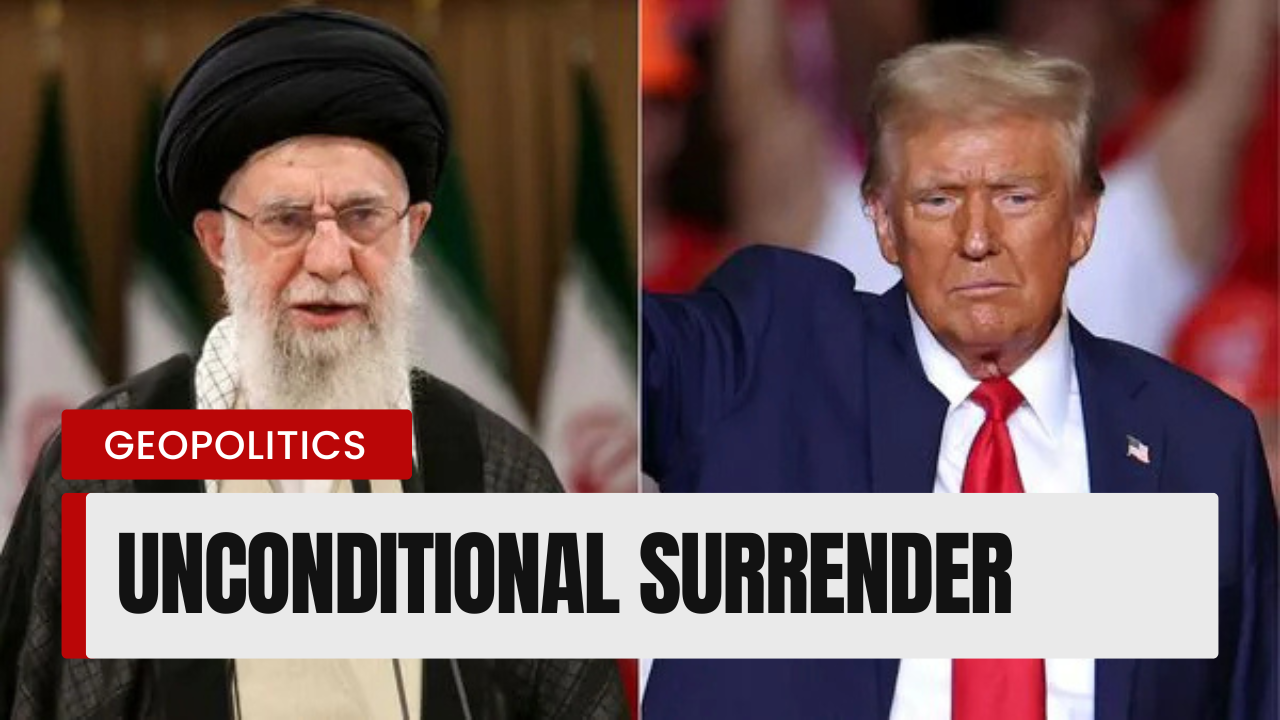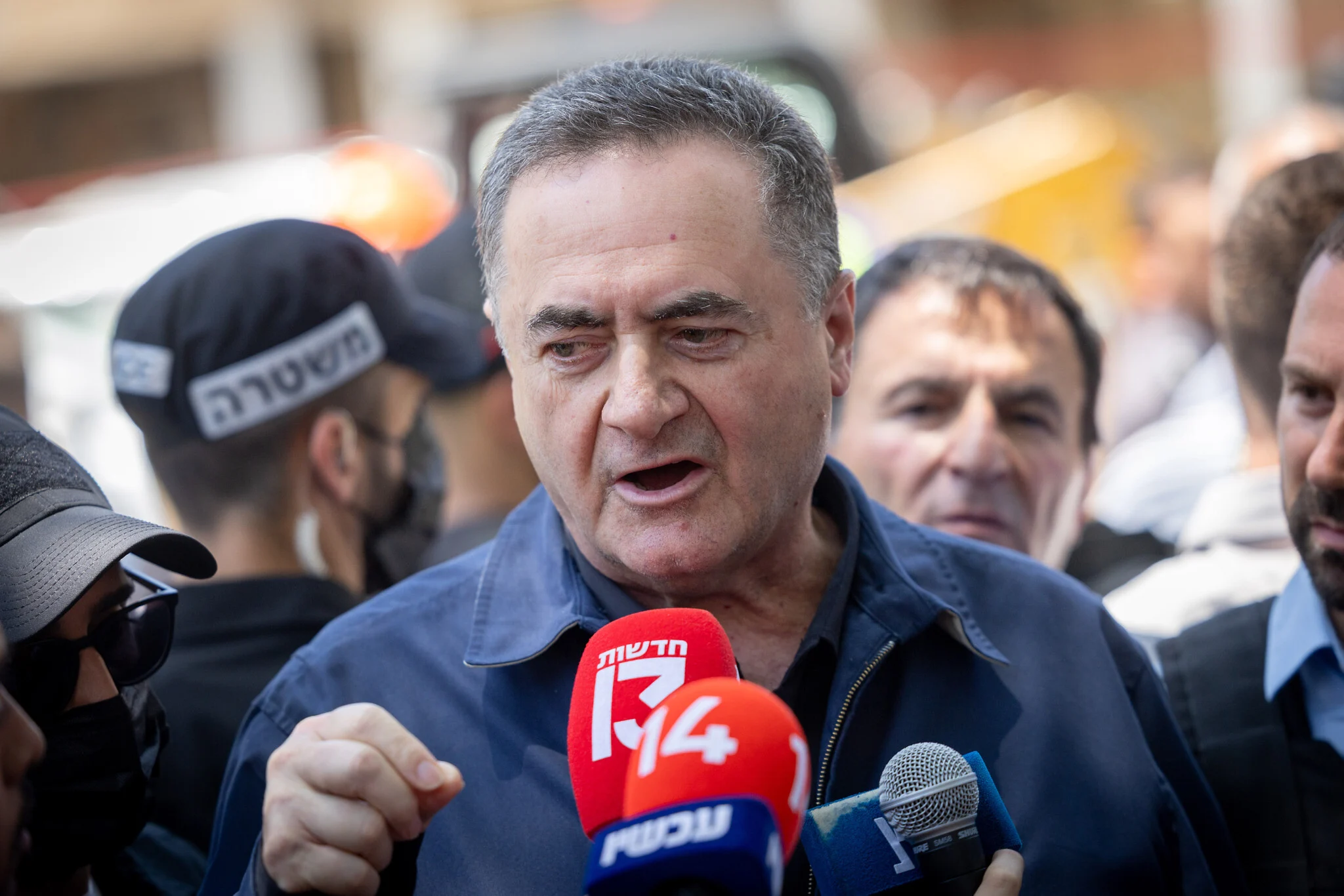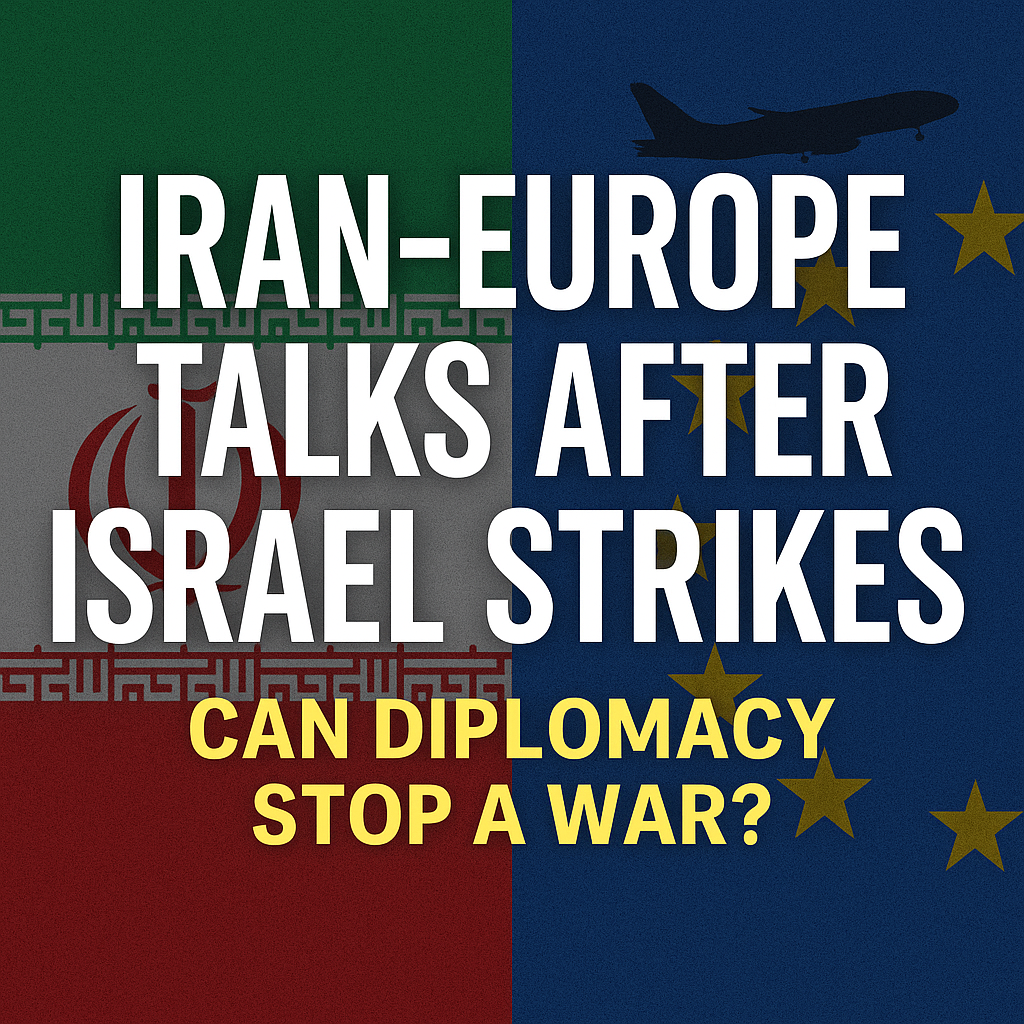Amid growing instability in the Middle East, former U.S. President Donald Trump is reportedly weighing the possibility of supporting Israeli military operations targeting Iran’s nuclear infrastructure. The conflict between Israel and Iran has now entered its sixth day, with intensifying exchanges and global concern over the potential for broader war.
According to multiple insider reports, American involvement could focus on strategic precision strikes—particularly against Iran’s underground nuclear facility at Fordo. While no final decision has been made, Trump met with top national security advisers earlier this week to explore possible next steps.
Despite previously expressing interest in diplomacy, Trump’s recent tone has shifted. In a series of provocative social media posts, he directly addressed Iran’s Supreme Leader, warning of consequences if American forces or civilians are harmed. One of his posts simply declared: “UNCONDITIONAL SURRENDER!”
Iran responded defiantly. In a televised speech, Supreme Leader Ali Khamenei stated that Iran would never yield to threats, vowing retaliation in case of any U.S. military intervention. “Wise people do not speak to Iran in the language of threats,” he said.
The potential U.S. involvement comes as Israeli fighter jets reportedly carried out over 50 strikes inside Iran overnight, targeting military and nuclear-related sites. While no fatalities have been reported in Israel during the latest Iranian missile barrage, the intensity of attacks suggests a dangerously escalating situation.
Trump, who withdrew from the 2015 Iran nuclear deal during his first term, has expressed frustration with attempts to renegotiate a new agreement. Speaking on his return from a recent G7 summit, he hinted at abandoning diplomatic efforts, saying, “I’m not really in the mood to negotiate with Iran anymore.”
While Trump’s base remains divided on further U.S. involvement in the Middle East, experts say his public comments indicate a shift toward potential military action—especially if Iran targets American assets. Some analysts suggest the current moves could be part of a broader U.S. strategy of “strategic ambiguity,” meant to pressure Iran into concessions without direct confrontation.
The Pentagon has already moved aircraft and defensive resources closer to the region, though officials deny a decision has been made to enter the conflict.
This evolving crisis underscores the fragile balance of diplomacy, military power, and political calculation shaping the region’s future.
🧾 Disclaimer:
This article is an independently written editorial summary based on publicly available reports, including original reporting by BBC News and CBS. It has been rewritten and restructured for context and clarity without replicating original copyrighted content.




